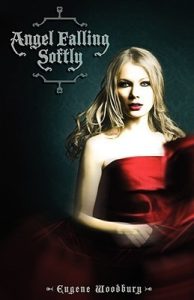Does anybody actually believe this without a boatload of qualifiers?
Over at Romancing the Blog, there was a very nice article about a mystery writer’s convention comparing and contrasting how that genre’s culture stacks up against the romance genre’s culture (including ebooks, my pet topic, but I’ll pimp that later elsewhere). I found this tidbit interesting:
The motivating keynote and luncheon speeches sounded just like the ones we hear at RWA, discussing how important it is to write your story, to finish the book, to be persistent, hone your craft, and if you keep at it, eventually you will succeed.
Er, no.

 Angel Falling Softly
Angel Falling Softly Phyllida and the Brotherhood of Philander
Phyllida and the Brotherhood of Philander